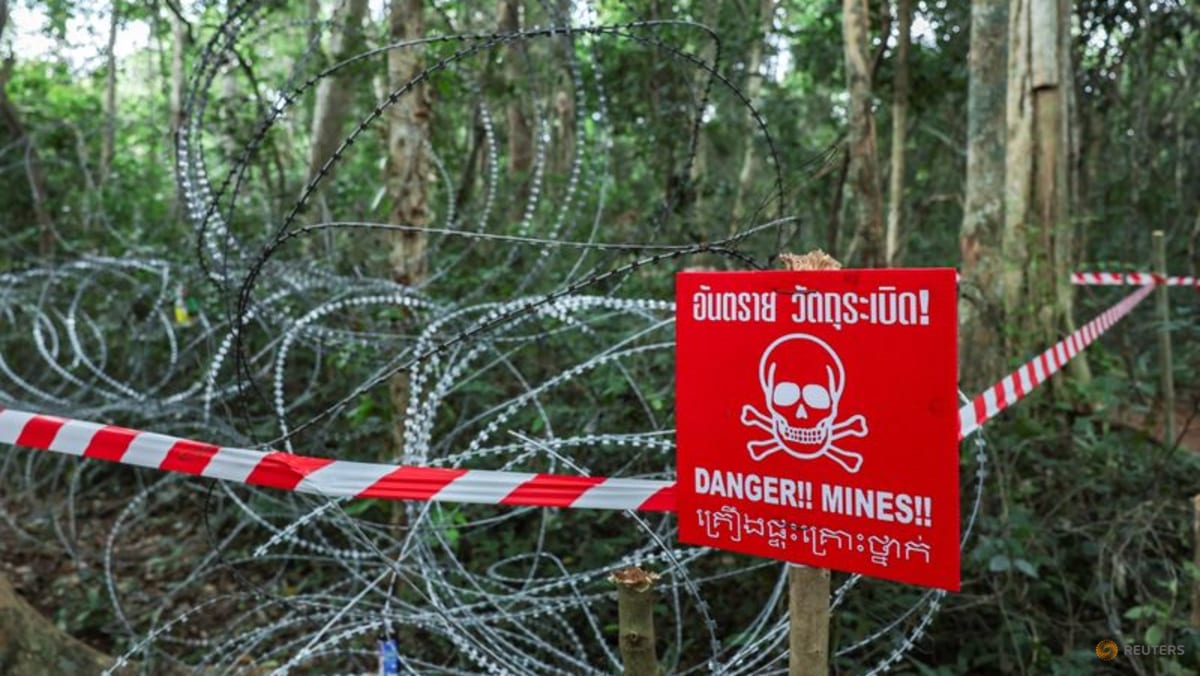His remarks prompted Hun Sen, now serving as the president of the Cambodian Senate, to wade back in after a period of silence on the issue.
“Cambodia’s stance will not change. Cambodia will not stoop to begging Thailand to reopen the border. Thailand can keep it closed for another 100 years and Cambodia will not perish,” he wrote on Facebook.
Overall, it means relations are “back to square one”, Panitan said, despite some hope that the reset in the Thai government might bring about renewed efforts at a lasting peace.
“And all this happened very quickly,” he said.
The Thai prime minister’s hardline messaging, Panitan believes, will be the starting point of a “clear package” of proposals to eventually ease the conflict.
His time in office will depend on it, he said, in an upcoming election where peace with Cambodia could be a major factor in the minds of voters.
Within the next three to four months, his goals should be to de-escalate the border situation, stand down major military hardware on both sides, look to commence de-mining and start to consider the reopening of border checkpoints.
Playing resolutely may help him consolidate his new government, but it risks closing space for compromise, Panitan said.
“For him, it’s much more critical in terms of political survival, as compared to Hun Sen and Hun Manet. And they know it. They know that timing is more critical for Anutin,” he said, adding that the Thai PM will not be able to ignore the deepening impacts on the economy.
Before the conflict began, over 520,000 Cambodians worked in Thailand, accounting for 12 per cent of the country’s foreign workforce, according to official data.
A joint report by the International Labour Organization (ILO) and Organisation for Economic Cooperation and Development from 2017 estimated that migrant workers contributed 4.3 to 6.6 per cent of Thailand’s gross domestic product.
Vannarith said Thailand’s “economic coercion measures” like keeping the borders closed have largely not been effective; Cambodia has been better able to manage supply chains and boost local production in response.
According to Cambodia’s General Department of Customs and Excise, Cambodia’s exports to Thailand declined about 6.4 per cent in the first eight months of 2025 compared to the same period last year, while imports from Thailand dropped 4.1 per cent.
That leaves open the risk of a more protracted crisis, Vannarith said, with Phnom Penh more comfortable about its ability to play the long game than it might have during past conflicts.
“The game is still on when it comes to bilateral negotiations, but I think Cambodia this time is much more confident than in 2008 that they can survive without having the border open with Thailand.”
